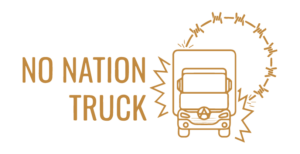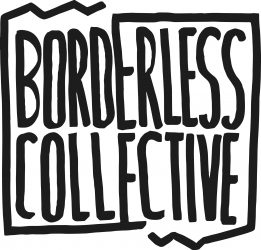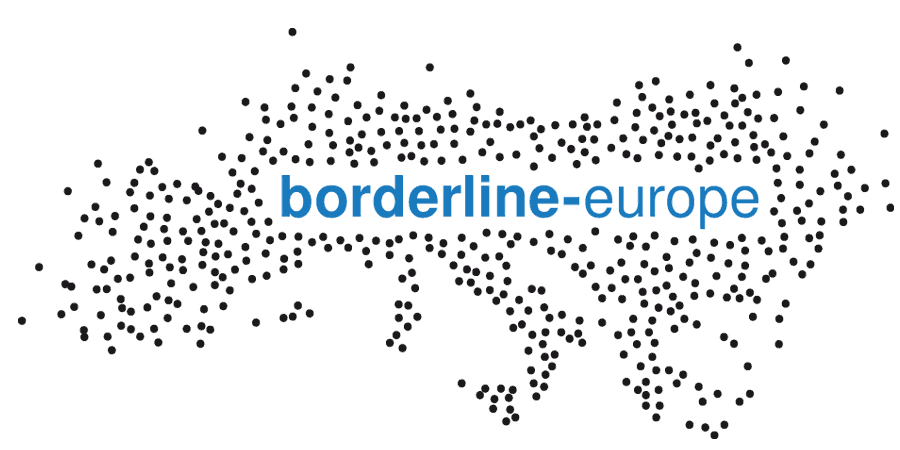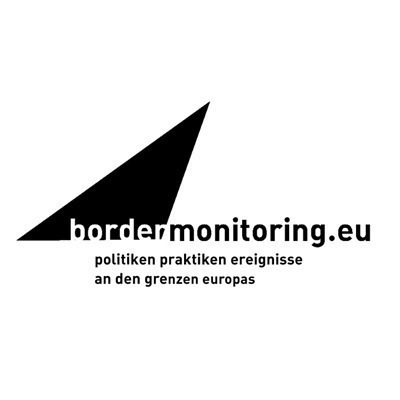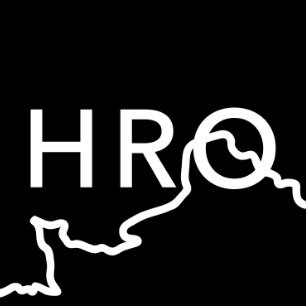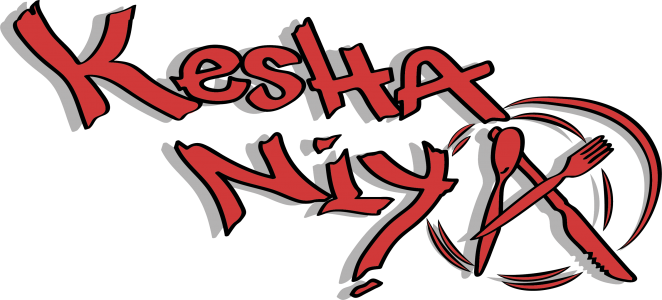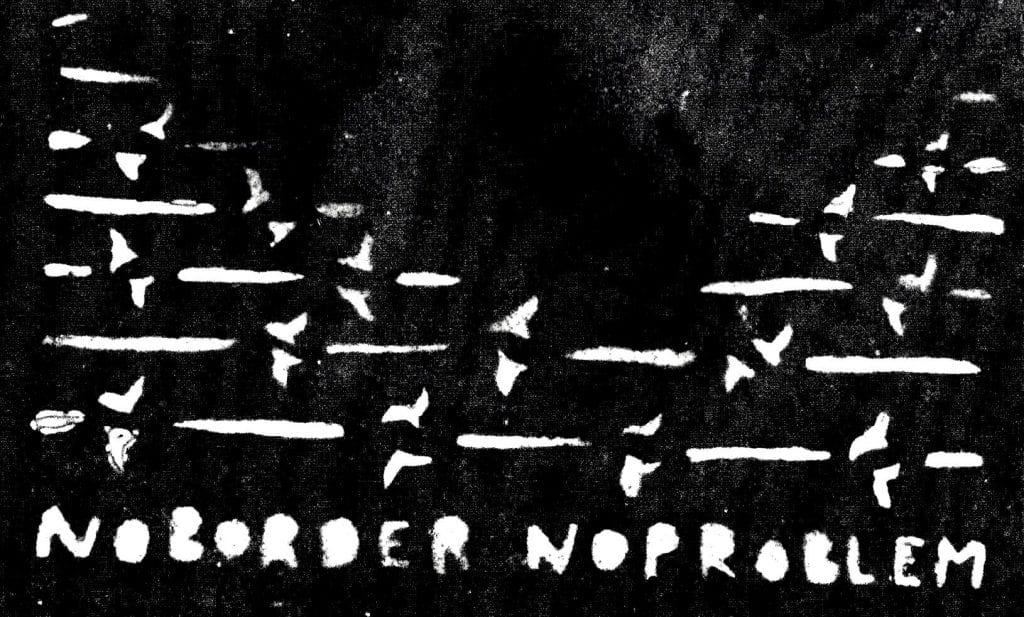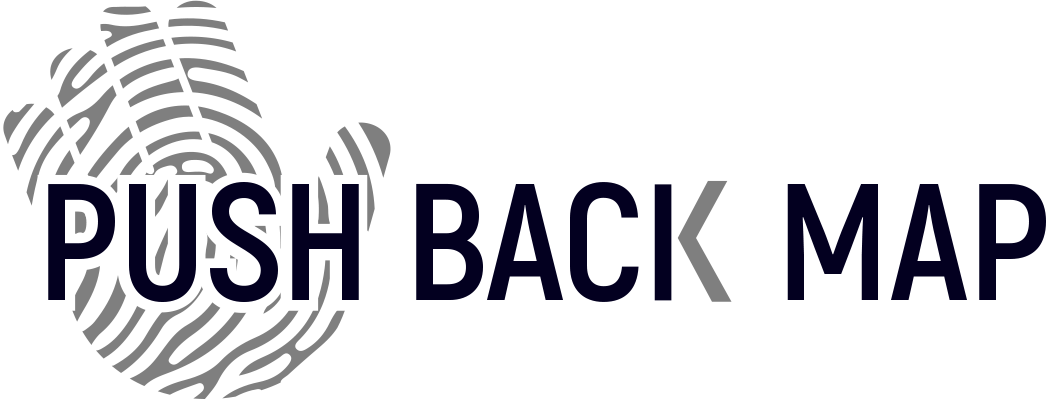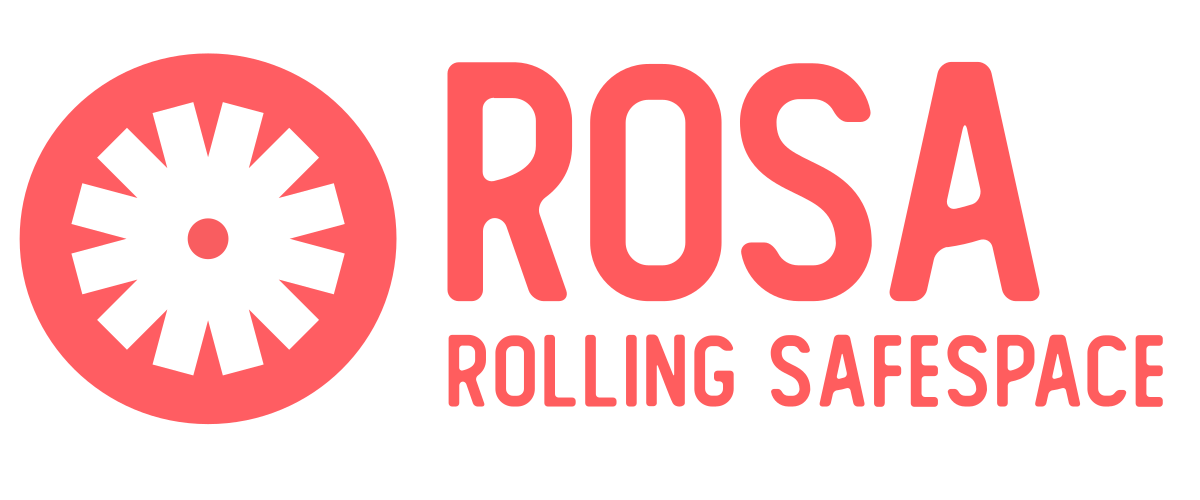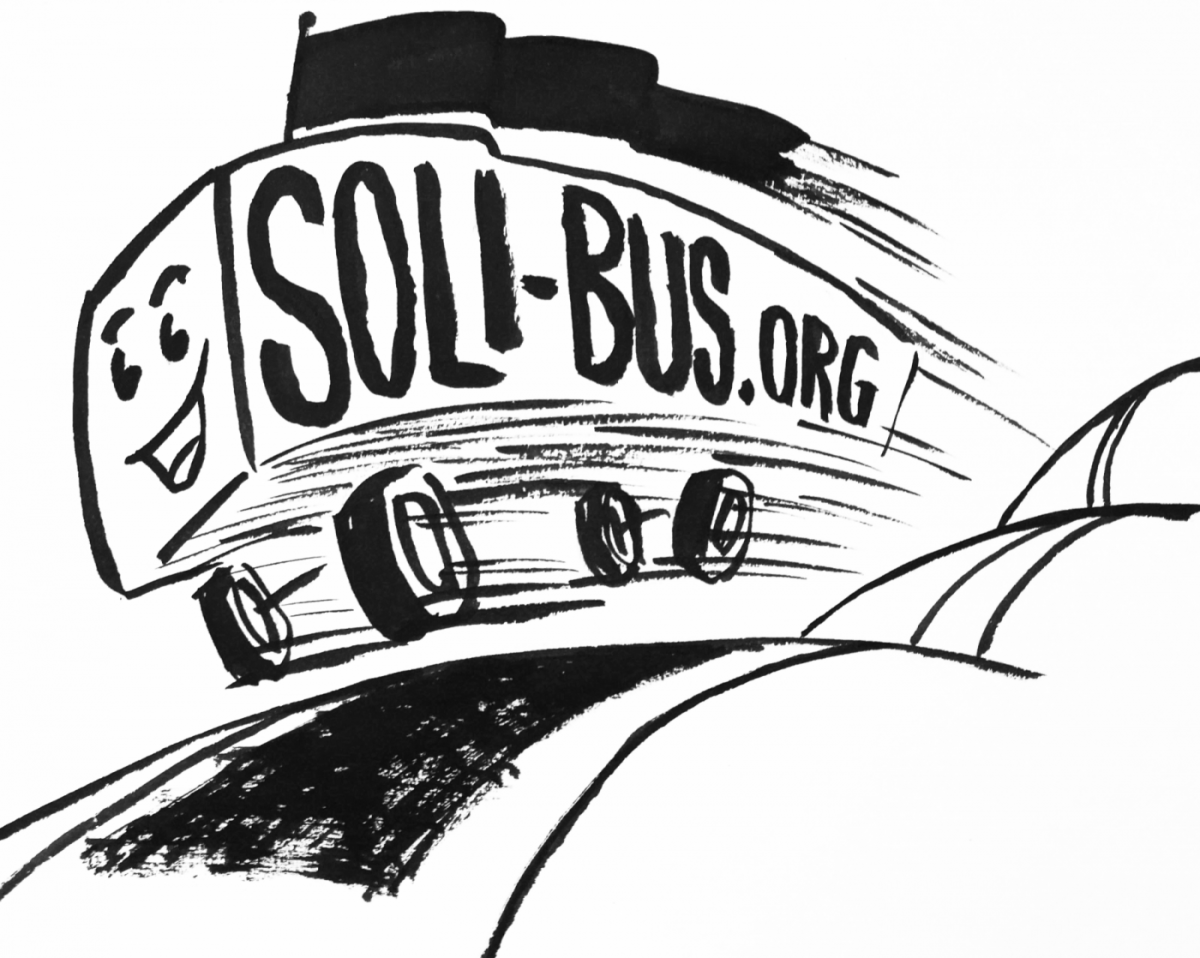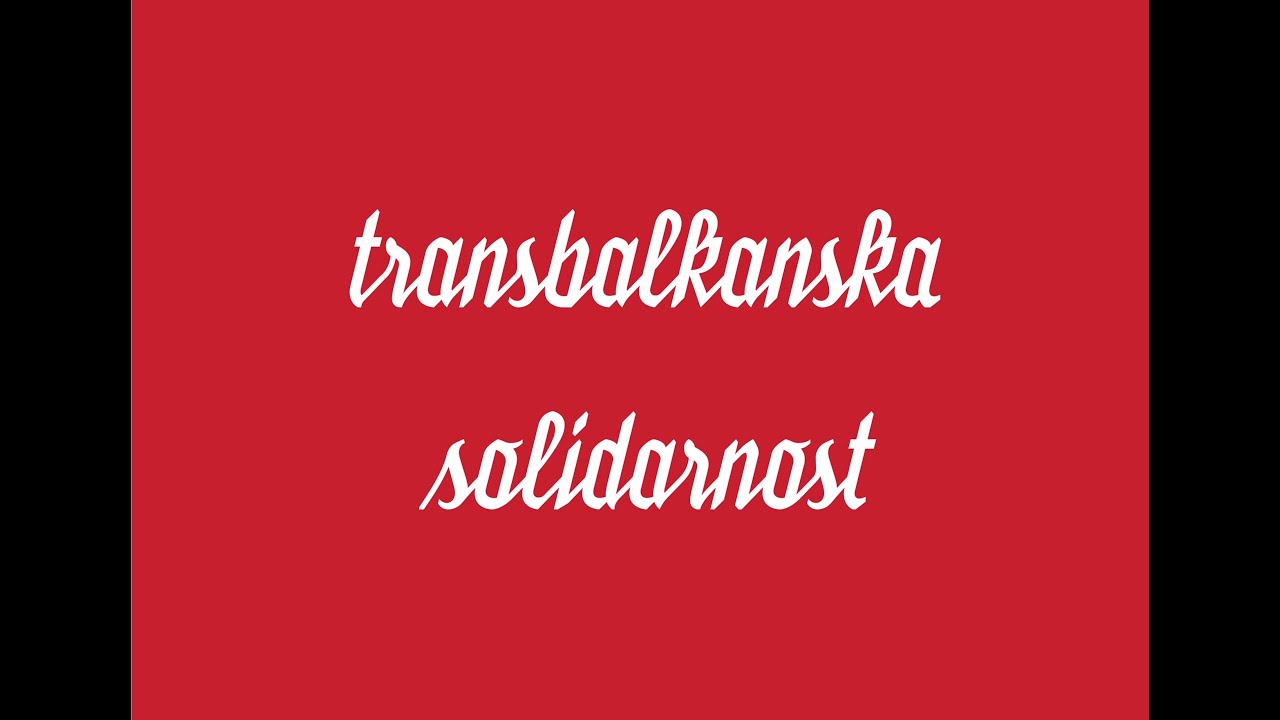current status report from Calais/Dunkerque
Since there was no more urgency for us and the truck in Caen (see previous post), we looked around for other places in the north of France. In this regard, we got in touch with activists from Calais and the surrounding area. A region that has been a geographical crossing point for migration movements in Europe for several years. Calais and its surroundings are harboring a large number of refugees, who are also exposed to immense state repression. Because of this, we have decided to move our work there for now.
The city of Calais is certainly known to many, because its geographical location at the narrowest point of the English Channel (34 kilometers), in the middle of which is the Franco-British state border, has always been characterized by mobility and migration. Since the evacuation of the large “jungle” (explain the term?) in autumn 2016, the situation of people on the move has become more and more precarious. Access to medical care, electricity and food is made more difficult and the authorities try to prevent a renewed urbanization of the camps by all means. Around 900 people currently live in smaller informal camps, which are usually located on property owned by the city (parks, green spaces, parking lots, etc.) and can therefore be evicted without an eviction permit. From this the perfidious routine has developed that the camps are cleared every two days by the cops, only to be set up exactly there again a few hours later. Since the police destroy all personal belongings, tents and fire pits, the camp residents pack their things themselves, take them away and wait for the police to leave. Much of it is already very well documented. [1]
Despite repressive state tactics and more difficult conditions due to the corona pandemic, there are still many organizations on site that guarantee the supply of food, clothing, first aid and firewood. That is why we have shifted our focus to the Dunkerque area which is just 40 km east of Calais and is the second busiest ferry connection between the mainland and the UK. Accordingly, there have also been small informal camps in the Dunkerque area since the early 2000s, for example in Téteghem and the small town of Grande-Synthe, from which both the ferry port and the high way can be easily reached. [2], [1, p. 102] The largest camp there is located in a recreation and nature reserve called Puythouk in Grande-Synthe, where a largely Kurdish community from Iraq, Iran and Syria is staying. There are also quite some groups there taking care of the essential needs and after networking and consulting with them, we have decided to regularly set up a charging station with the truck there and occasionally cook. More on this in the next article.
[1]
https://bordermonitoring.eu/wp-content/uploads/2018/08/bm.eu-report-2018-calais-web.pdf)
[2]
https://calais.bordermonitoring.eu/2020/03/25/vorgeschichte-teil-2-grande-synthe/#more-38)
